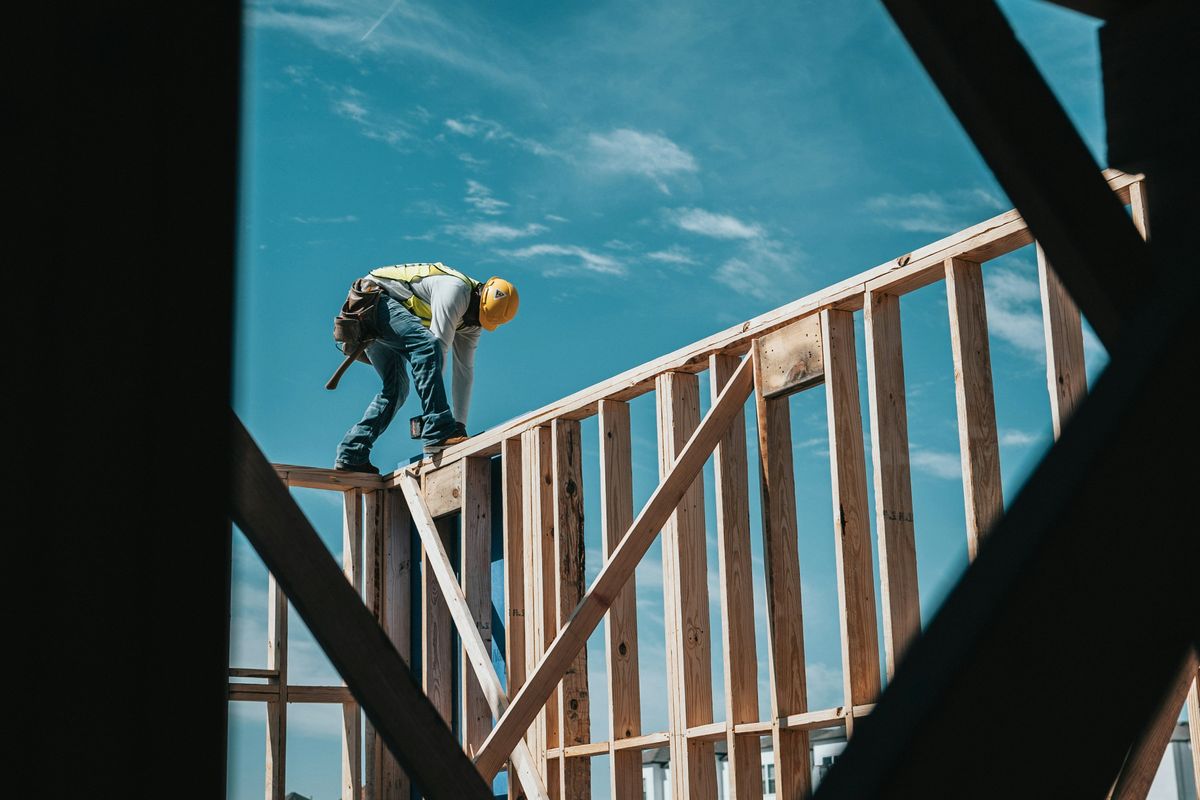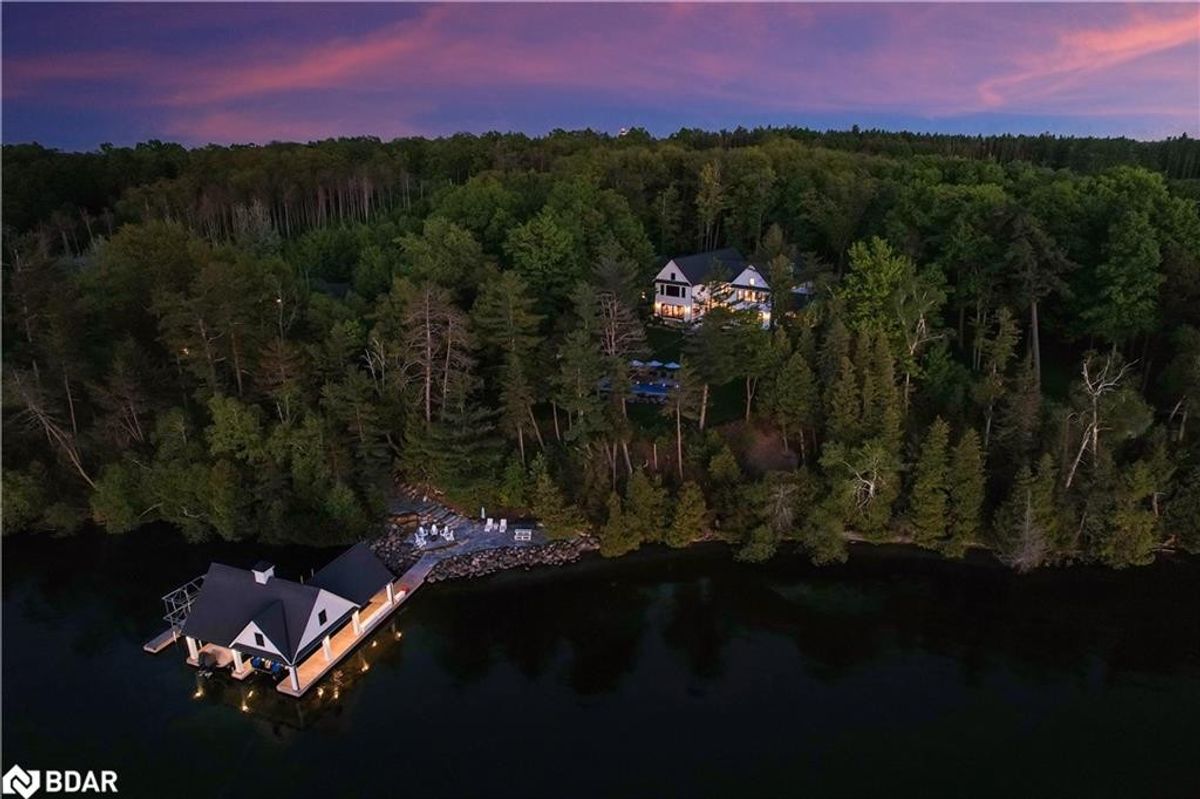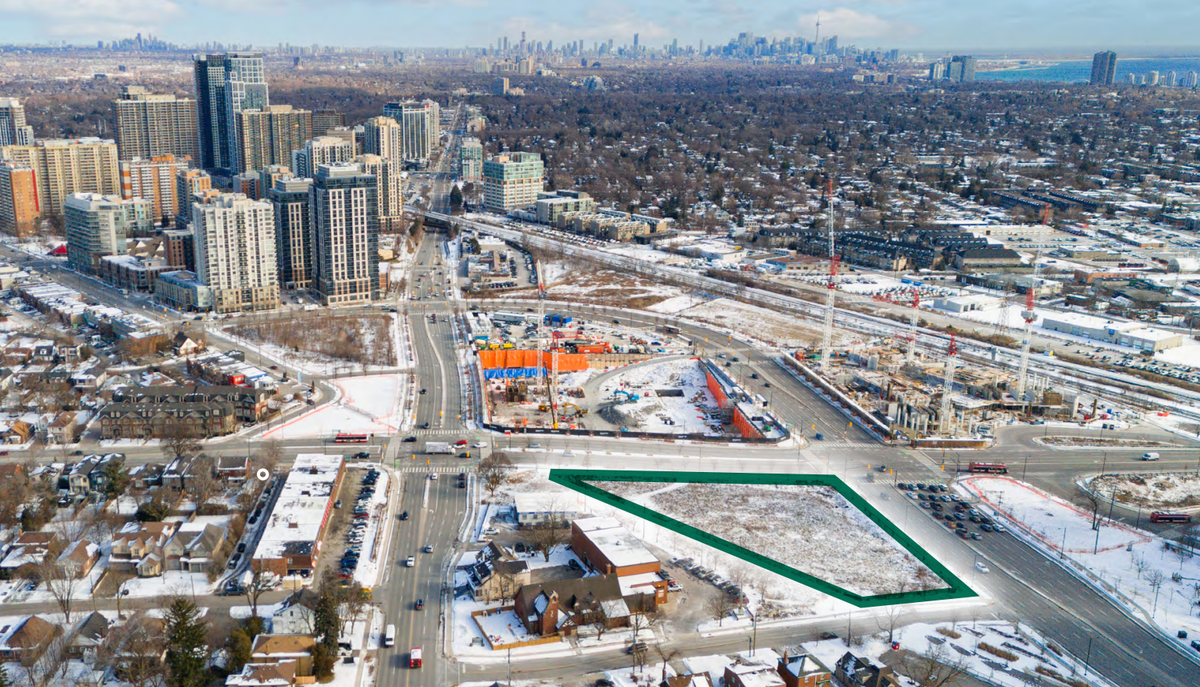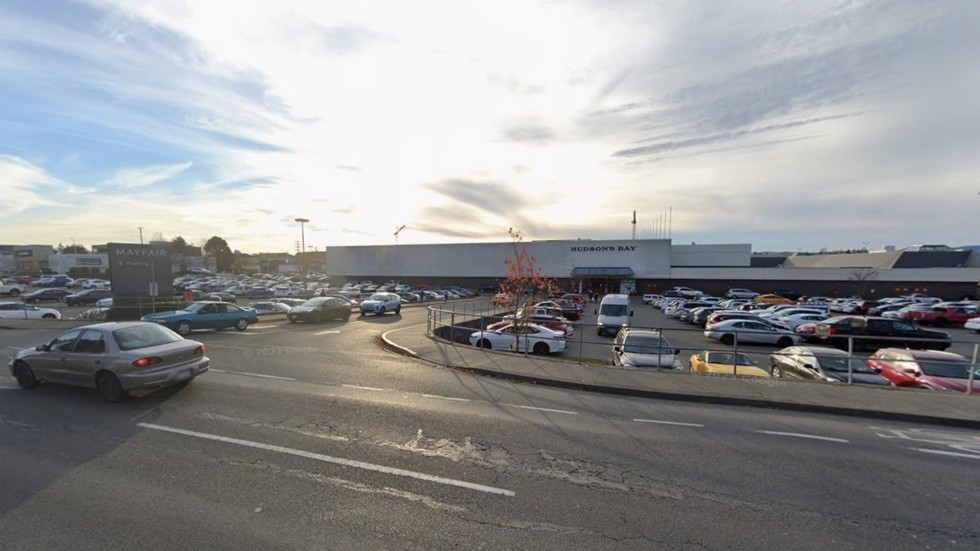For years, Montreal has been known for its relatively affordable rental prices compared to other large Canadian cities like Toronto and Vancouver.
But the rent situation isn’t as rosy in Montreal as it once was.
According to statistics from the Montreal Metropolitan Community (MMC), rents increased by 4.6% between 2019 and 2020.
In a press conference on Monday, Montreal Mayor Valérie Plante announced that, if re-elected, her Project Montréal party has proposed a responsible landlord certification and rent registry to protect the city’s tenants and affordable housing stock.
"This is the responsible thing to do to keep our social, cultural and economic [mix] within our neighbourhoods in Montreal," said the mayor. Plante says the move will enable the city to monitor both the state of housing offered in Montreal’s rental market (i.e. the cleanliness and livability of the space) and the price of rent.
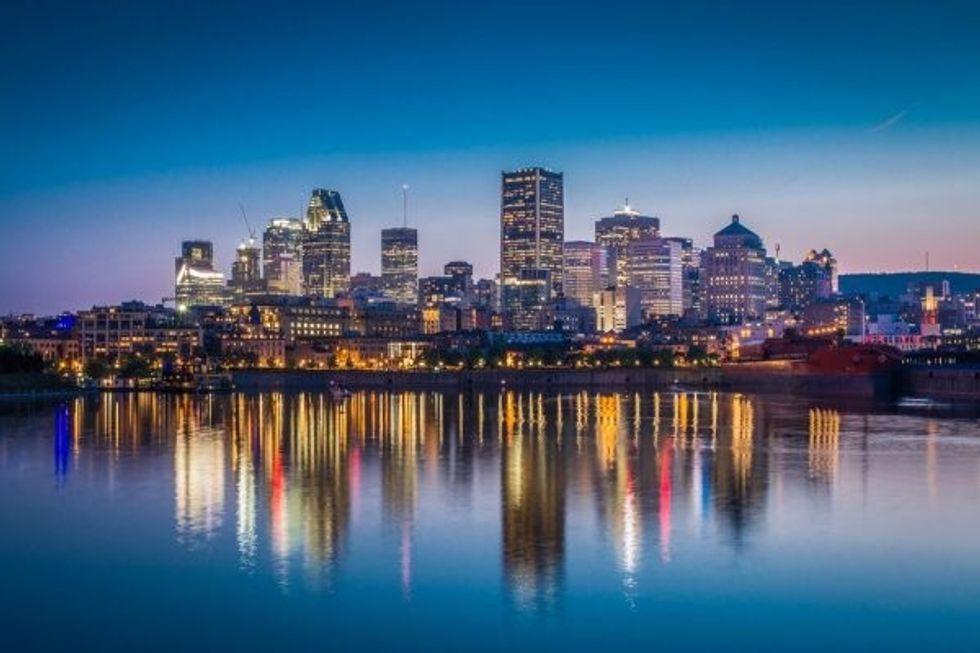
It comes in response to occurrences of abusive rent hikes and the growing trend of “renovictions,” when landlords evict tenants under the guise of supposed home renos only to then hike up rents for new tenants.
The responsible landlord certification would validate key information like rent prices and building conditions for tenants; protect renters from renovictions (the city must be told of planned work every five years to prove its necessity); ensure the health and safety of units; require new plans for things like pest and mould management; and adapt homeowner assistance programs. Landlords would also be required to report rents charged to each unit.
Plante would like the measure implemented by the end of 2022 or the start of 2023.
While undoubtedly a move in the right direction for renters, critics point to the fact that the responsible landlord certification only applies to owners of buildings with eight units or more. These landlords will have to pay $10 per unit for the certification and renew it every five years.
But what reassurance does the basement apartment dweller have that their landlord won’t hike the rent or kick them out in the name of home renovations that may or may not ever materialize? With that said, the certification would still apply to nearly 216,000 units in the city.
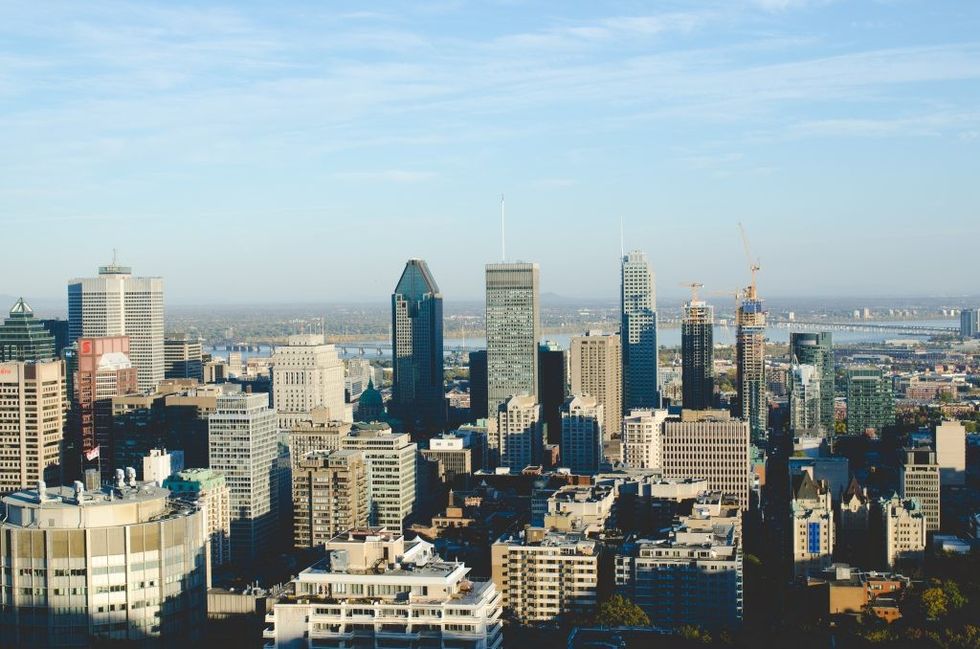
Given the state of Montreal’s rental market, affordable housing is inevitably front and centre of the city’s upcoming municipal elections. Although tenants’ rights are typically under provincial jurisdiction, municipalities have the power to enact bylaws to control rising rent and real estate costs.
“Montreal is in the grips of a housing crisis,” says Steve Baird, the director of Comité d'action des citoyens de Verdun, a non-profit that helps residents in the Verdun area find homes. “We meet a lot of seniors and other people with modest incomes who can no longer afford to pay the rent and groceries. Others are being kicked out of their apartments by numbered corporations. If municipal leaders don’t take the crisis more seriously, things are going to get a lot worse.”
According to MMC statistics, the average rent for available unoccupied units in Montreal shot up from $910 in 2019 (a figure that sounds like a dream to Toronto renters), to $1,198 in 2020. This marks a 30% increase. And nothing about that sounds right.







